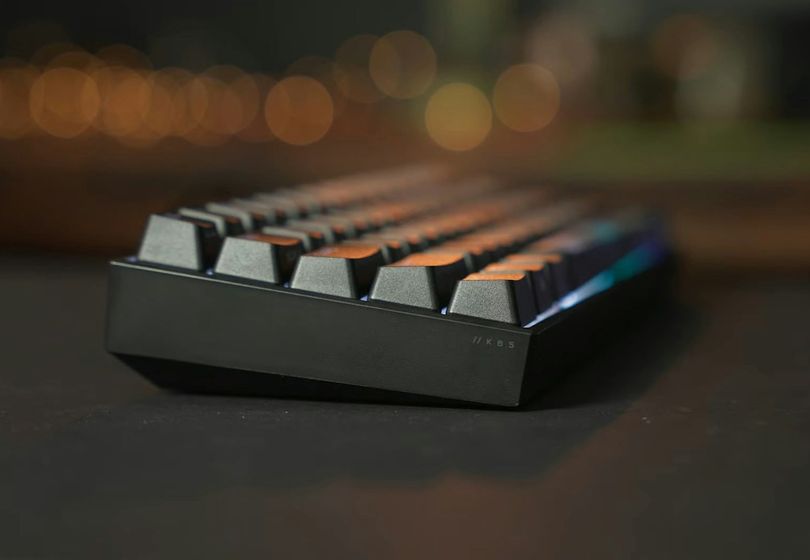
In the world of keyboards, there are three main types of switches that dominate the market: mechanical switches, membrane keyboards, and optical switches. Each of these switch technologies offers a different typing experience and caters to different user preferences. With advancements in technology and the ever-evolving demands of users, the future of keyboards is an exciting space to watch.
Mechanical Switches
Mechanical keyboards are known for their tactile feedback and satisfying clicky sound when typing. These keyboards use individual mechanical switches for each key, providing a premium typing experience favored by typists and gamers alike. The durability of mechanical switches is also a key selling point, as they can withstand millions of keystrokes without losing their responsiveness.
While mechanical keyboards are typically more expensive than their membrane counterparts, the superior typing experience and longevity they offer make them a popular choice for enthusiasts who spend hours typing or gaming on their keyboards.
Membrane Keyboards
Membrane keyboards, on the other hand, use a single rubber dome membrane under the keys to register key presses. While membrane keyboards are usually more affordable than mechanical keyboards, they are often criticized for their mushy feel and lack of feedback compared to mechanical switches.
However, membrane keyboards have their own advantages, such as being quieter and more spill-resistant than mechanical keyboards. They are also commonly found in budget-friendly laptops and office environments where a silent typing experience is preferred.
Optical Switches
Optical switches are a newer technology in the keyboard market that aims to combine the best of both worlds from mechanical and membrane keyboards. These switches use beams of light to register key presses, offering a fast and precise typing experience with a satisfying tactile feel.
Optical keyboards are becoming increasingly popular among gamers for their quick response times and durability. The lack of physical contact between components in optical switches also means they are less prone to wear and tear, making them a reliable choice for those who demand high performance from their keyboards.
The Future of Keyboards
As technology trends continue to evolve, the future of keyboards is likely to see further advancements in switch technologies. Users are becoming more discerning about their typing experiences, whether for work, gaming, or casual use, driving manufacturers to innovate and cater to diverse preferences.
Customization options, such as adjustable actuation points and RGB lighting, are also becoming more common in gaming keyboards, allowing users to personalize their typing experience to suit their needs and aesthetics.
Ultimately, the future of keyboards will be shaped by user preferences and technological advancements. Whether you prefer the tactile feedback of mechanical switches, the affordability of membrane keyboards, or the precision of optical switches, the keyboard market offers a wide range of options to cater to your typing needs.
